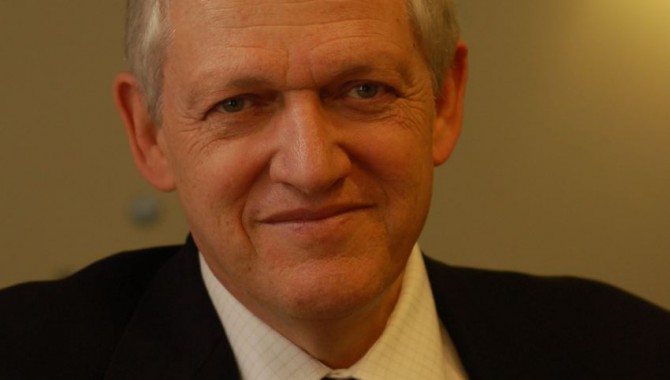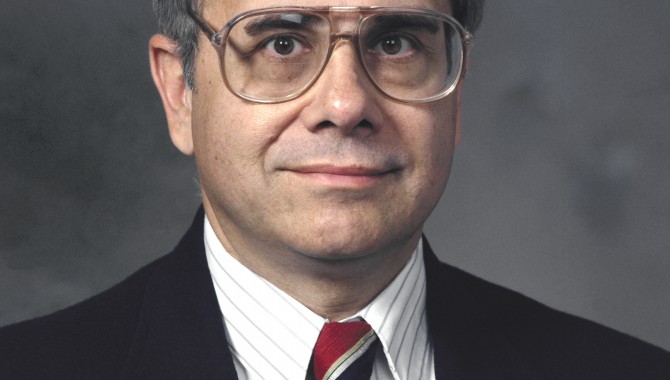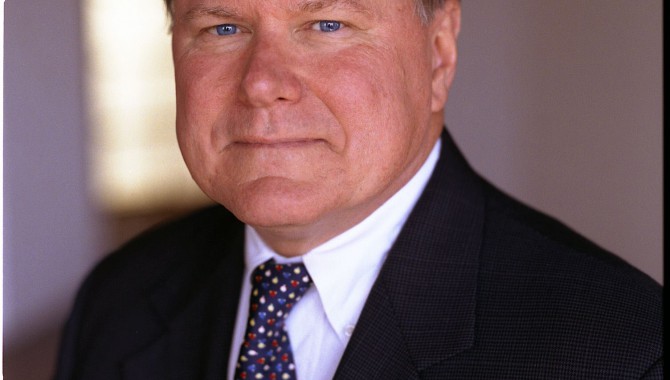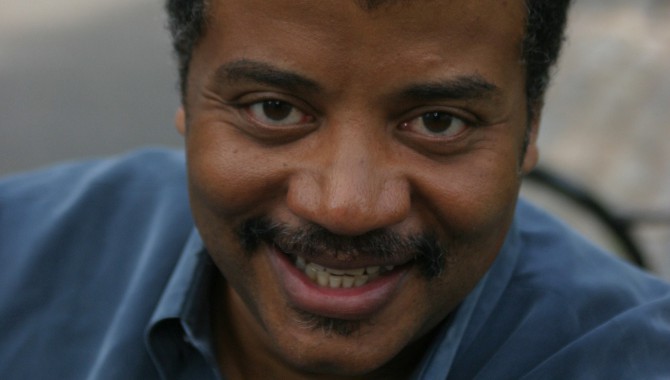
By Don Cohen Dr. Alexander Laufer is professor of civil engineering at the Technion (Israel Institute of Technology) and director of the Center for Project Leadership at Columbia University.

By Don Cohen Dr. Alexander Laufer is professor of civil engineering at the Technion (Israel Institute of Technology) and director of the Center for Project Leadership at Columbia University.
Don Cohen, Managing Editor To accomplish its mission of developing new launch vehicles and manned spacecraft, NASA must excel at learning. We need to learn lessons from the extraordinary technical advances that culminated in the moon landings of the sixties.

By Don Cohen Dr. Kenneth Szalai led the Dryden Flight Research Center from 1990 to 1998. Earlier in his career at Dryden, he was principal investigator on the F-8 digital fly-by-wire program and participated in many X-plane aircraft programs.
Don Cohen, Managing Editor When Megan was fourteen years old, she started to have trouble swallowing and keeping food down.

By Don Cohen Dr. Charles Kennel was associate administrator for the Office of the Mission to Planet Earth from 1994 to 1996, when he helped restructure NASA’s Earth Observing System.
Don Cohen, Managing Editor In his “Knowledge Notebook” piece, Laurence Prusak notes that the past experiences of organizations influence how they behave now and how they will behave in the future.
By Laurence Prusak and Don Cohen NASA is unquestionably a knowledge-intensive organization. Among government agencies, it is probably the most knowledge intensive.
Don Cohen, Managing Editor Several articles in this issue of ASK give essentially the same important advice to project managers and engineers. In one way or another, they say, “Step back and look at the big picture.”

By Don Cohen Neil deGrasse Tyson is an astrophysicist with the American Museum of Natural History in New York City, where he also serves as the Frederick P. Rose Director of the Hayden Planetarium.